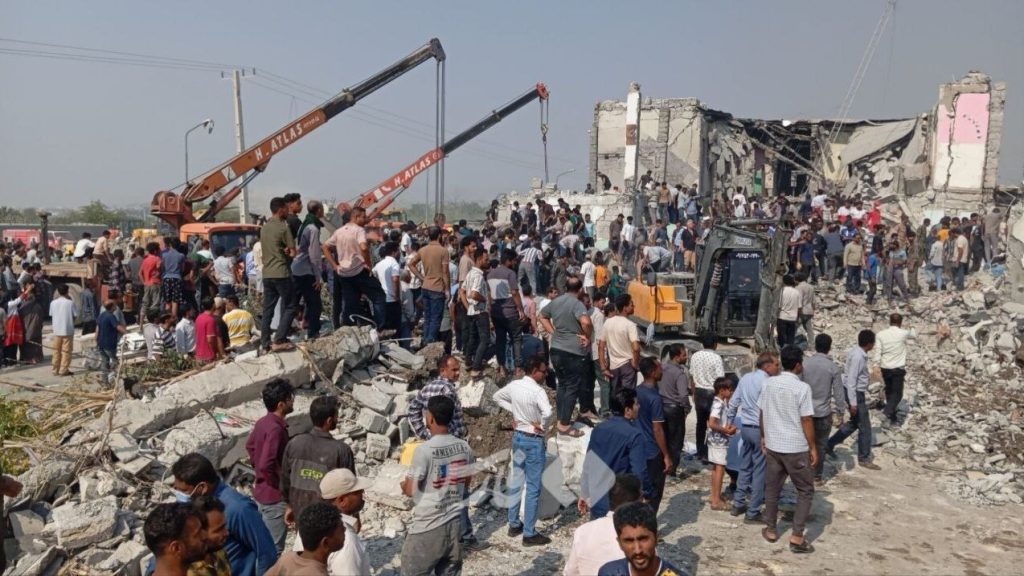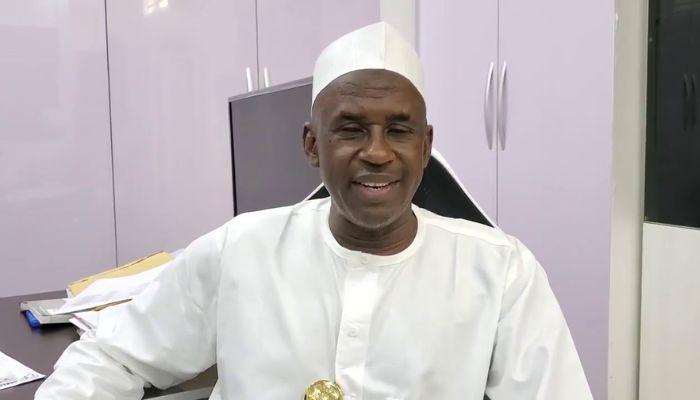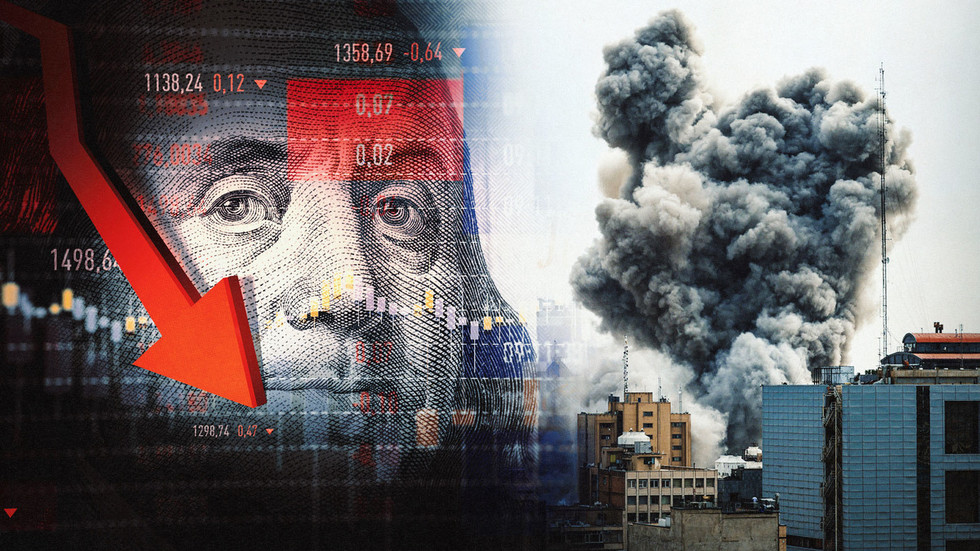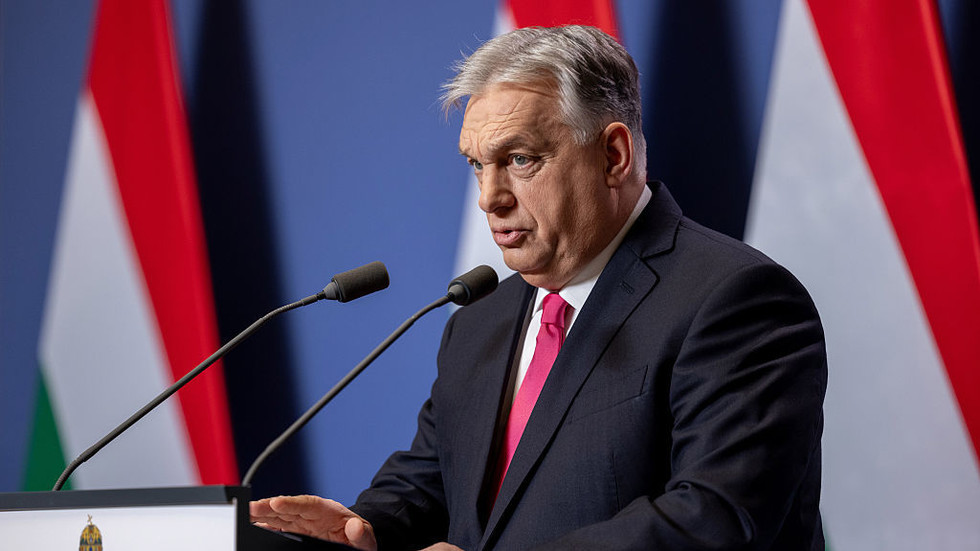As Nigeria hosts one of Africa’s largest tech conferences this week, policymakers and innovators are grappling with a critical question: Can artificial intelligence drive inclusive economic growth across a continent still held back by infrastructure gaps and uneven political commitment? The African Digital Economy and Inclusion Conference (AFDEIC) in Lagos has drawn stakeholders from 40 nations to explore AI’s potential in sectors from healthcare to agriculture, while confronting systemic barriers threatening equitable progress.
The two-day summit, themed AI and the African Digital Economy: Leaving No One Behind, aims to bridge divides in digital access and workforce participation. Discussions range from deploying Wolof-language chatbots in Senegal to AI systems detecting crop diseases via smartphone cameras in Cameroon. Yet organizers acknowledge persistent hurdles: nearly 40% of Africa’s population lacks internet access, while unreliable electricity and sparse technical expertise stall progress. “This disparity demands urgent, targeted interventions,” said Adedayo Oketola, head of AFDEIC’s organizing committee, noting that Africa’s €155 billion digital economy could quadruple by 2050 with sustained investment.
Recent continental efforts include the African Union’s 2030 AI strategy and February’s launch of the African AI Council. However, Professor Seydina Ndiaye, an AI specialist, argues implementation lags due to reliance on foreign technologies and insufficient government backing. “We have communities innovating with limited resources, but structural support is absent,” he told RFI, criticizing “empty rhetoric” from leaders despite Africa’s growing youth population and tech hubs.
Grassroots innovations nonetheless signal promise. In Rwanda, DoctorIA’s algorithms assist remote medical diagnoses, while Ivorian startup Sah Analytics partners with authorities to combat inflation through crowdsourced price monitoring. A Senegalese AI tool, AWA, delivers services in Wolof via WhatsApp—a language spoken by 15 million people but underrepresented in global tech. Perhaps most unexpectedly, Kenyan banks now use facial recognition for cattle, developed by Belgium-based Neotex.ai, to verify livestock collateral. “Registering a cow with a photo helps prevent loan fraud,” explained co-founder Meshia Cédric Oveneke, highlighting AI’s adaptability to local contexts.
For researcher Paulin Melatagia of Cameroon’s University of Yaoundé, such solutions underscore Africa’s unique capacity to shape AI’s global trajectory. Satellite-based flood predictions and AI-driven irrigation systems not only address regional challenges but could inform climate resilience strategies worldwide. “Our contributions will advance the field universally,” he said, emphasizing that overcoming infrastructure deficits requires collaborative policymaking and homegrown talent development.
As debates continue in Lagos, participants stress that realizing AI’s potential hinges on converting political pledges into tangible investments—a test of whether Africa’s digital transformation can truly become a rising tide lifting all boats.



